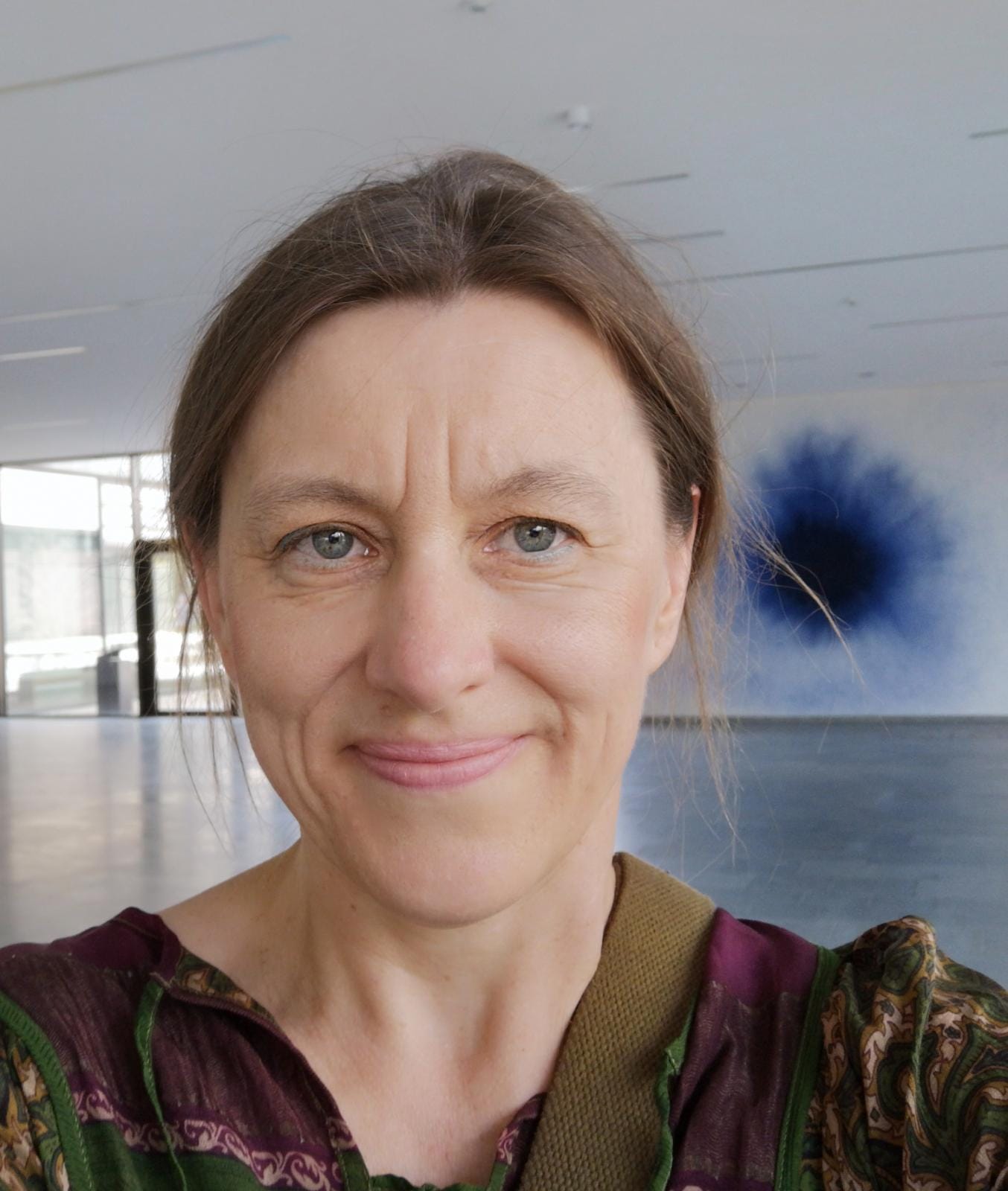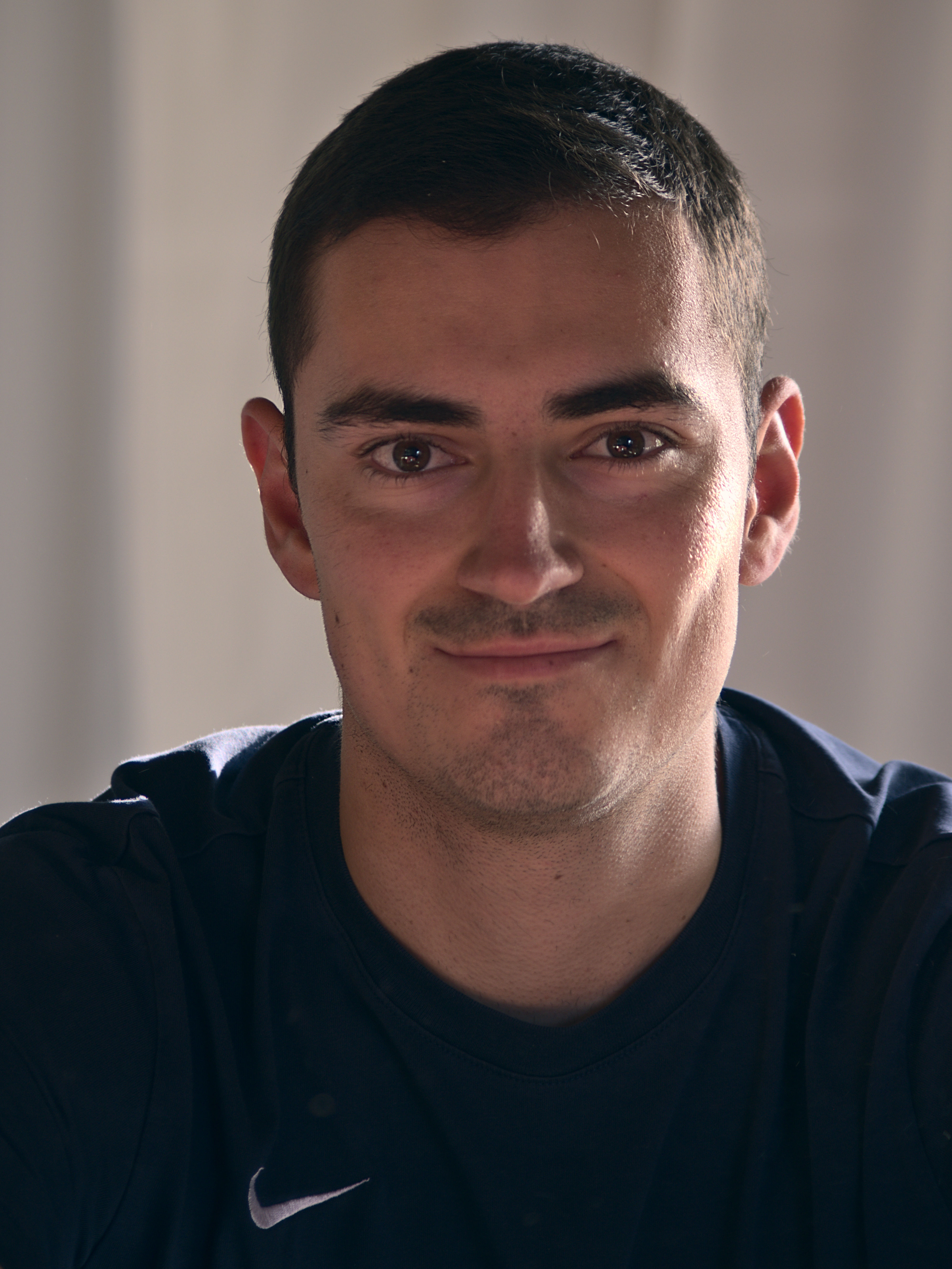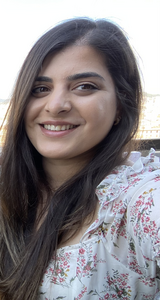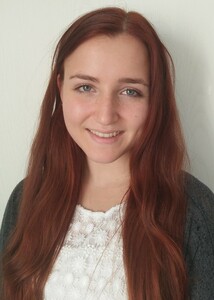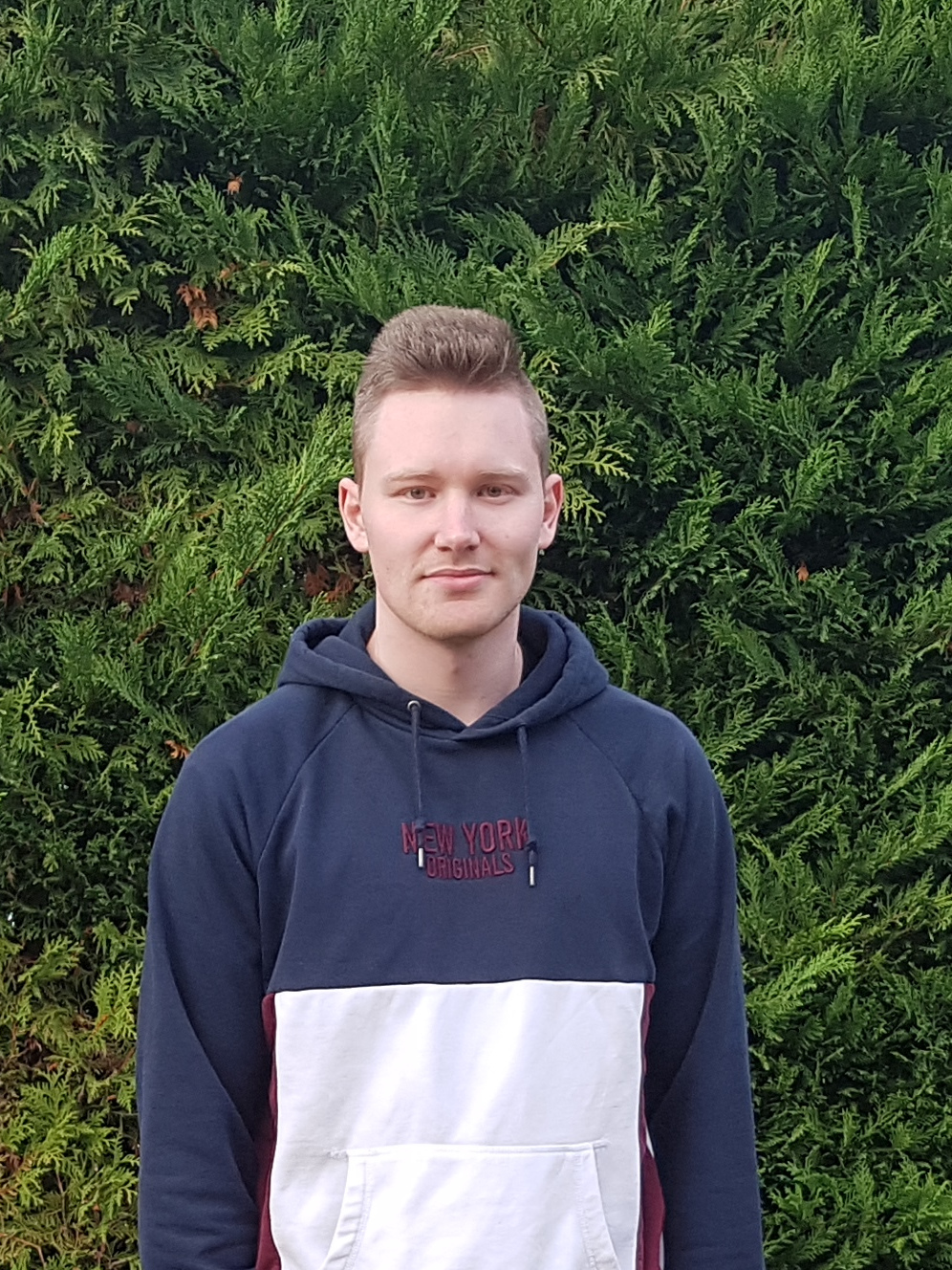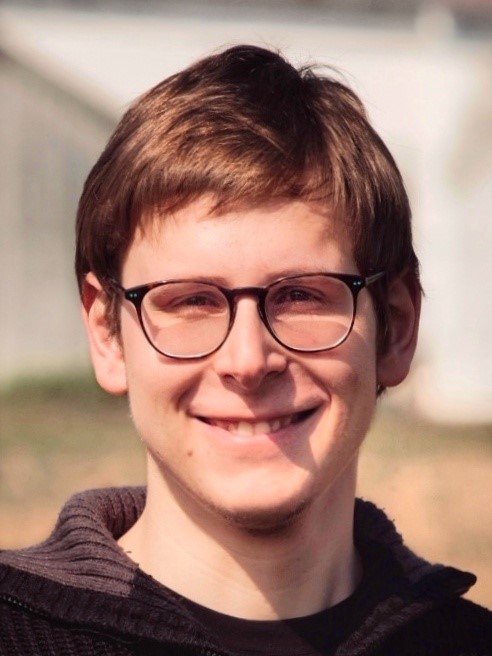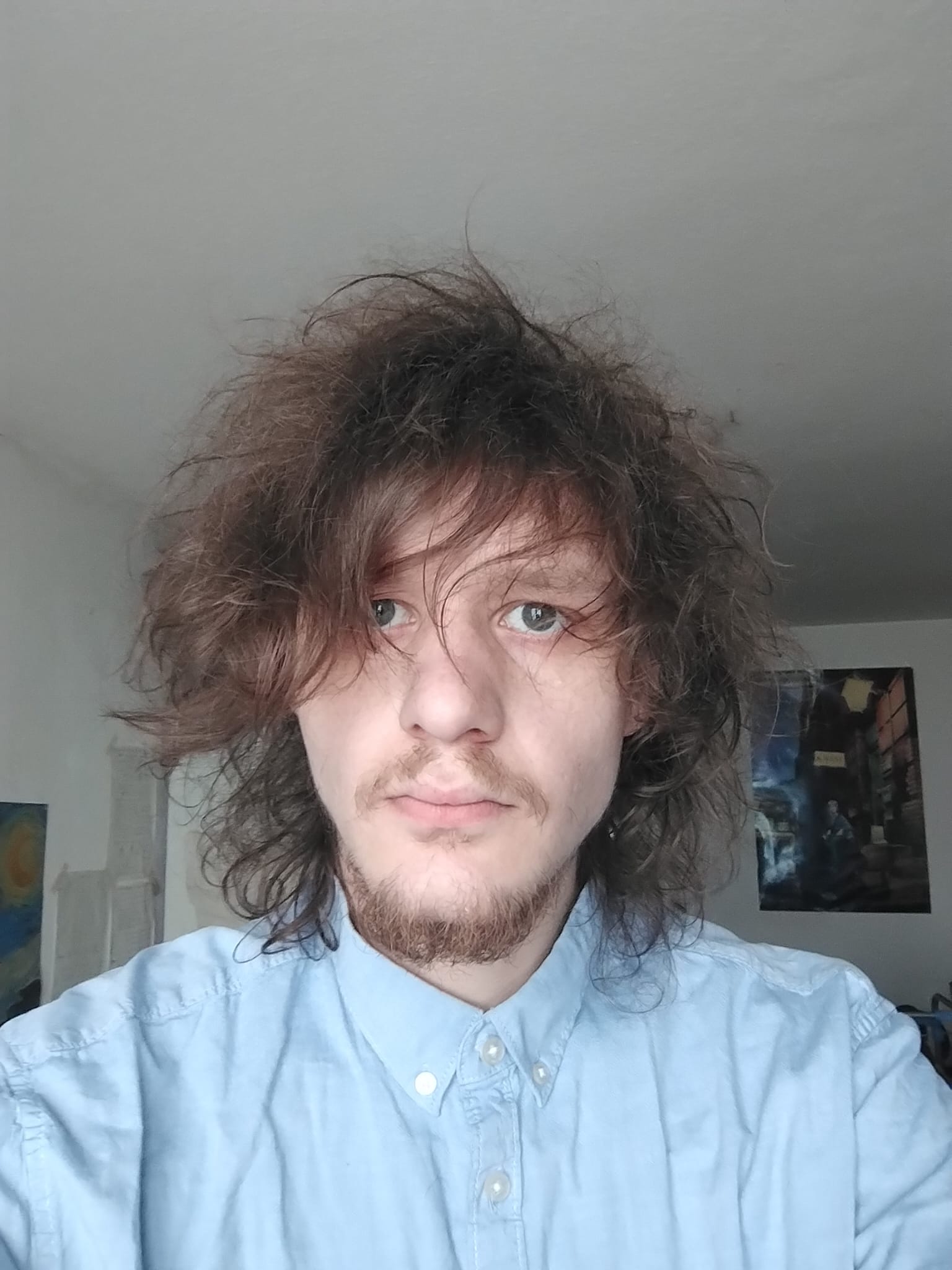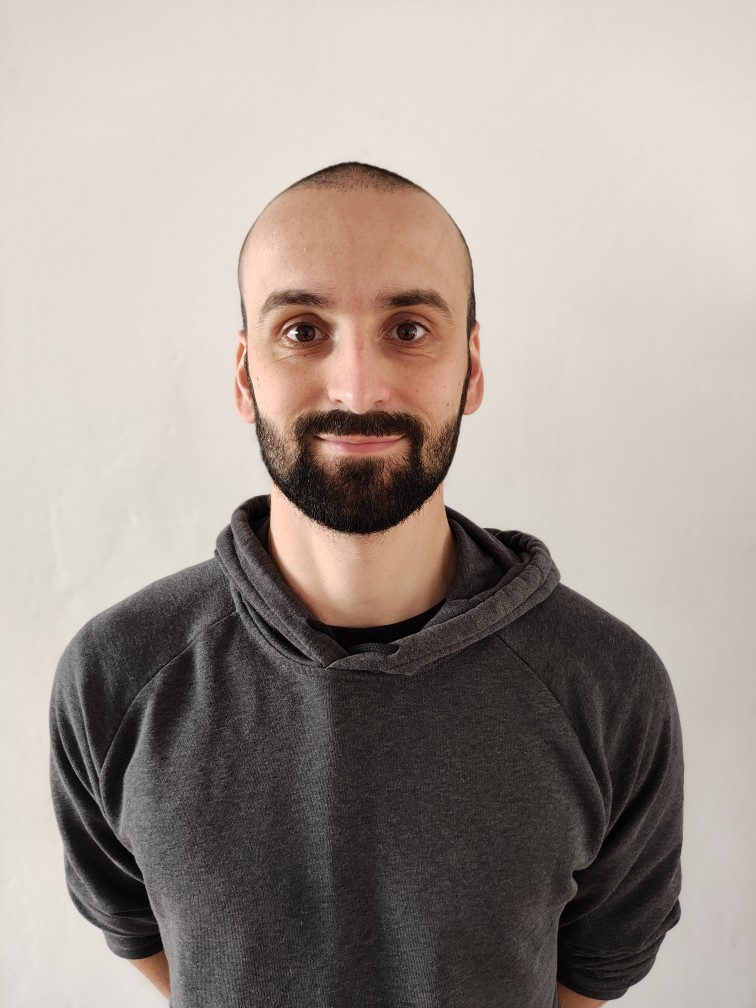TAQO-PAM: Tailored Application of Quantum Optimisation for Planning and Control of Assembly and Manufacturing

This project addresses the real-time optimization of production and intralogistics, in particular of modern matrix manufacturing facilities, using hybrid quantum-classical algorithms adapted to customized medium-term NISQ hardware. This is done by holistically integrating problem-specific adapted quantum processing units (QPUs) into existing scenarios and by extending existing factory automation and production planning methods.
The development of systems that can be integrated into existing technologies at the operational level allows QPUs to be used in latency- and determinism-dependent scenarios. The focus on local data processing avoids the need to share sensitive production runtime knowledge and data with third parties. Based on the assumption that suitable custom QPUs will be available in the medium term, the project explores quantum algorithms for optimizing manufacturing tasks, considers the integration of quantum computing into industrial processes, and makes the technology usable for users without deep quantum mechanical and quantum computing knowledge. By systematically transferring real problems from industry, the advantages of quantum algorithms are to be combined with advantages of classical algorithms and thus industrially usable use cases are to be successfully solved.
For more information, please refer to the project's homepage.
This project is sponsored by the Federal Ministry of Education and Research.
People
Related Publications
-
ACM
Conference
A*
Large-Scale Multiple Query Optimisation with Incremental Quantum(-Inspired) Annealing -
Proc. ACM Manag. DataAssociation for Computing Machinery2025.
PDF Reproduction Package [BibTex]
-
To Appear
IEEE
Conference
Predict and Conquer: Navigating Algorithm Trade-offs with Quantum Design Automation -
Proceedings of the IEEE International Conference on Quantum Computing and Engineering2025.
PDF Reproduction Package 2507.06758 [BibTex]
-
To Appear
IEEE
Conference
Make Some Noise! Measuring Noise Model Quality in Real-World Quantum Software -
Proceedings of the IEEE International Conference on Quantum Software (QSW)2025.
PDF Reproduction Package [BibTex]
-
Preprint
To Appear
IEEE
Conference
QML-Essentials: A Framework for Working with Quantum Fourier Models -
Proceedings of the IEEE International Conference on Quantum Software (QSW)2025.
PDF Reproduction Package [BibTex]
-
To Appear
IEEE
Conference
SAT Strikes Back: Parameter and Path Relations in Quantum Toolchains -
Proceedings of the IEEE International Conference on Quantum Software (QSW)2025.
PDF Reproduction Package [BibTex]
-
Under Review
Preprint
Conference
Out of Tune: Demystifying Noise-Effects on Quantum Fourier Models -
2025.
PDF Reproduction Package [BibTex]
-
Preprint
To Appear
IEEE
Conference
Path Matters: Industrial Data Meet Quantum Optimization -
Proceedings of the IEEE International Conference on Quantum Computing and Engineering2025.
PDF Reproduction Package [BibTex]
-
Preprint
CHEP
Conference
From Hope to Heuristic: Realistic Runtime Estimates for Quantum Optimisation in NHEP -
EPJ Web of Conf.2025.
PDF Reproduction Package [BibTex]
-
Under Review
Preprint
It’s Quick to be Square: Fast Quadratisation for Quantum Toolchains -
2024.
PDF Reproduction Package 2411.19934 [BibTex]
-
Under Review
Preprint
Out of the Loop: Structural Approximation of Optimisation Landscapes and non-Iterative Quantum Optimisation -
2024.
PDF Reproduction Package 2408.06493 [BibTex]
-
IEEE
Workshop
Approximating under the Influence of Quantum Noise and Compute Power -
Proceedings of WIHPQC@IEEE QCE2024.
PDF 10.1109/QCE60285.2024.10291 Reproduction Package [BibTex]
-
GIQC
Workshop
Towards View-based Development of Quantum Software -
Proceedings of the GI Quantum Computing Workshop2024.
PDF 10.18420/inf2024_43 [BibTex]
-
VLDB
Workshop
A*
Quantum Data Encoding Patterns and their Consequences -
Proceedings of the Workshop on Quantum Computing and Quantum-Inspired Technology for Data-Intensive Systems and Applications2024.
PDF 10.1145/3665225.3665446 Reproduction Package [BibTex]
-
IEEE
Conference
Polynomial Reduction Methods and their Impact on QAOA Circuits -
Proceedings of the IEEE International Conference on Quantum Software (QSW)2024.
PDF 10.1109/QSW62656.2024.00018 Reproduction Package [BibTex]
-
SAMOS
Conference
QCEDA: Using Quantum Computers for EDA -
Embedded Computer Systems: Architectures, Modeling, and SimulationSpringer Nature Switzerland2024.
PDF 10.1007/978-3-031-78380-7_3 [BibTex]
-
IEEE
Conference
Hype or Heuristic? Quantum Reinforcement Learning for Join Order Optimisation -
Proceedings of the IEEE International Conference on Quantum Computing and Engineering2024.
PDF 10.1109/QCE60285.2024.00055 Reproduction Package [BibTex]
-
Journal
Challenges for Quantum Software Engineering: An Industrial Use Case Perspective -
Quantum Software: Aspects of Theory and System DesignSpringer-Nature2024.
PDF 10.1007/978-3-031-64136-7_12 [BibTex]
-
Journal
Superoperators for Quantum Software Engineering -
Quantum Software: Aspects of Theory and System DesignSpringer-Nature2024.
PDF 10.1007/978-3-031-64136-7_3 [BibTex]
-
CHEP
Conference
Co-Design of Quantum Hardware and Algorithms in Nuclear and High Energy Physics -
EPJ Web of Conf.2952024.
PDF 10.1051/epjconf/202429512002 Reproduction Package [BibTex]
-
IEEE
Conference
Effects of Imperfections on Quantum Algorithms: A Software Engineering Perspective -
2023 IEEE International Conference on Quantum Software (QSW)2023.
PDF 10.1109/QSW59989.2023.00014 Reproduction Package [BibTex]
-
IEEE
Conference
Influence of HW-SW-Co-Design on Quantum Computing Scalability -
2023 IEEE International Conference on Quantum Software (QSW)2023.
PDF 10.1109/QSW59989.2023.00022 Reproduction Package [BibTex]
-
Conference
Optimization Problems in Production and Planning: Approaches and Limitations in View of Possible Quantum Superiority -
Proceedings of the 8th MHI ColloquiumSpringer2023.
[BibTex]
-
SIGMOD
Tutorial
A*
Quantum Machine Learning: Foundation, New Techniques, and Opportunities for Database Research -
Companion of the 2023 International Conference on Management of DataAssociation for Computing Machinery2023.
PDF 10.1145/3555041.3589404 [BibTex]
- QPU-System Co-Design for Quantum HPC Accelerators
-
Proceedings of the 35th GI/ITG International Conference on the Architecture of Computing SystemsGesellschaft für Informatik2022.
PDF 10.1007/978-3-031-21867-5_7 Reproduction Package [BibTex]


